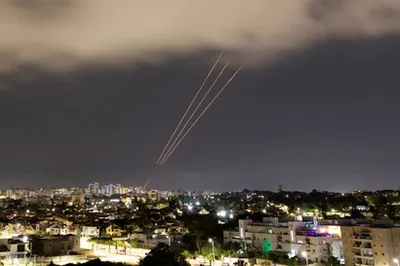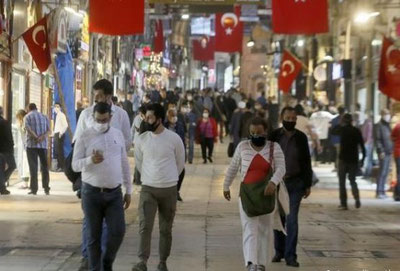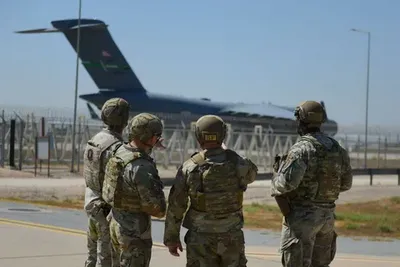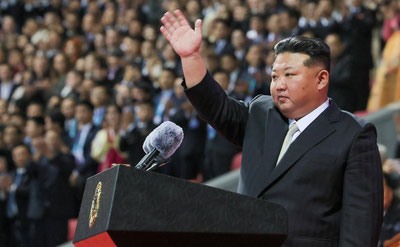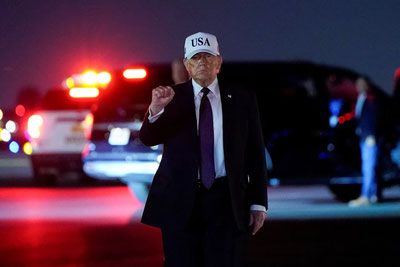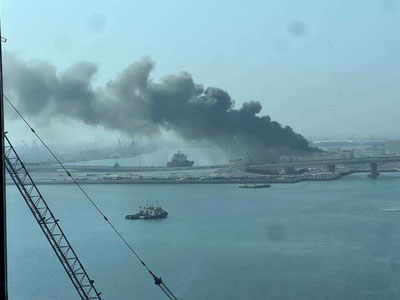In recent times, the conflict between Russia and Azerbaijan has been escalating. According to experts, the current level of opposition is even higher than it was six months ago.
Especially after the incident where an airplane of the “AZAL” airline on the Baku–Grozny route was reportedly shot down by Russian air defense, the situation has become even more tense.
Officially, Azerbaijan is considered as Russia’s "small ally." But Baku is no longer satisfied with this status. "Azerbaijan is now acting as an independent player, no longer submissive to Russian pressure," says Kennan Institute expert Maxim Trudolyubov.
Statistics confirm this:
Russia's trade turnover with Azerbaijan is over 10 percent.
However, Azerbaijan's share in trade with Russia is only 0.6 percent. Meaning, economically, Russia is more dependent on Azerbaijan.
Especially for Russia, relations with Baku are of particular importance against the background of sanctions.
Azerbaijan plays the role of an intermediary in the transit of dual-purpose (military and civilian) products.
Also, it serves as a transit point in Russia's trade with Iran and the Persian Gulf countries.
Cooperation in the energy sector is also at the heart of the conflict: earlier this year, Azerbaijan increased its gas exports to Europe and was discussing the option of purchasing gas from Russia for domestic needs. Even the leader of Ukraine, Volodymyr Zelensky, expressed his agreement with this initiative.
Despite all these problems, the possibility of the two states severing relations is unlikely. However, the strong positions being expressed by Baku indicate that Moscow can no longer unilaterally set the terms.
According to analysts, this event signifies the changing balance of geopolitical forces in the Caucasus region. Azerbaijan is increasingly moving to an independent and firm political course.

